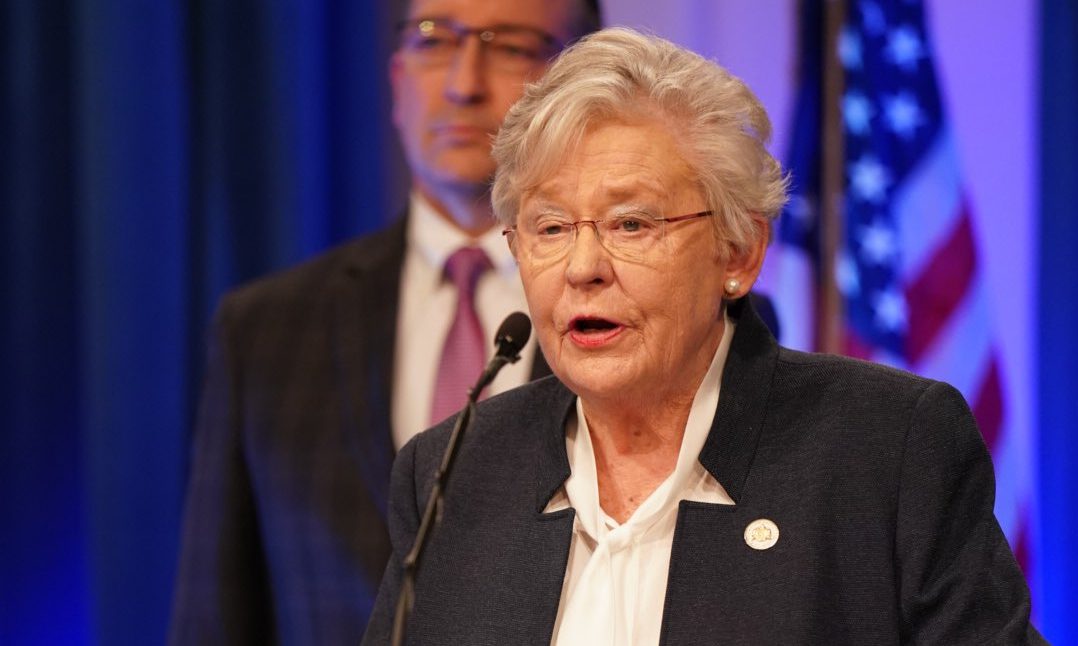Alabama Gov. Kay Ivey has directed department heads to advise workers to work from home, if possible, in response to the growing COVID-19 threat.
“Because the safety of state employees is of utmost concern, each department director is authorized to advise employees to work from home if possible,” Gov. Ivey wrote to all state department heads. “Directors should consider implementing telework, flexible work schedules, and other techniques for accomplishing necessary functions while minimizing employee exposure to COVID-19.”
“If working from home is not feasible, the employee should remain away from the workplace and practice social distancing, as appropriate, for the next several weeks,” Ivey said. “Employees should plan to return to regular work schedules on Monday, April 6. These employees will be on paid emergency leave and will not be required to utilize their personal leave.”
Essential employees are expected to continue working.
“As Governor, it is vitally important that the essential services of state government are readily available to the taxpayers of our state,” Ivey said. “The safety and well-being of all Alabamians continues to be our paramount concern.”
“Departments providing public safety, direct care and other essential services must plan and schedule their activities accordingly, with the directors of those departments determining staffing needs and work requirements to ensure the continued operation of essential and emergency services,” Ivey directed. “The determination as to which employee is considered essential and non-essential should be exercised judiciously and not necessarily in blanket fashion. No employee is entitled to emergency leave merely because another co-worker, with different circumstances, is granted leave. “
Ivey has also directed all agencies to postpone all non-essential travel.
Ivey ordered managers to urge all of their employees: to social distance and limit attendance at large gatherings; wash their hands with soap and hot water; stay within six feet of co-workers; avoid touching their nose, mouth, and eyes; and “to stay home if any symptoms of illness, like fever or cough are present.”
On Friday, March 13, President Donald J. Trump (R) declared a national emergency in response to the pandemic influenza outbreak of COVID-19, a previously unknown strain of coronavirus, first identified in Wuhan City, Hubei Province, China in December.
“Due to the impending threat on our state, I have declared a State of Emergency to deploy all state resources and lessen the impact of this virus on our state and its citizens,” Ivey wrote. “These actions are not out of fear, but out of an abundance of caution and preparation for the public health crisis in our state and nation.”
The state has begun testing for the COVID-19. The first case was identified on Friday. As of press time there are 22 known cases of COVID-19 in Alabama: with cases in Baldwin, Lee, Jefferson, Shelby, Tuscaloosa, Elmore, Montgomery, and Limestone Counties.
As of press time 6455 people have died, 63 of them in the United States.



















































